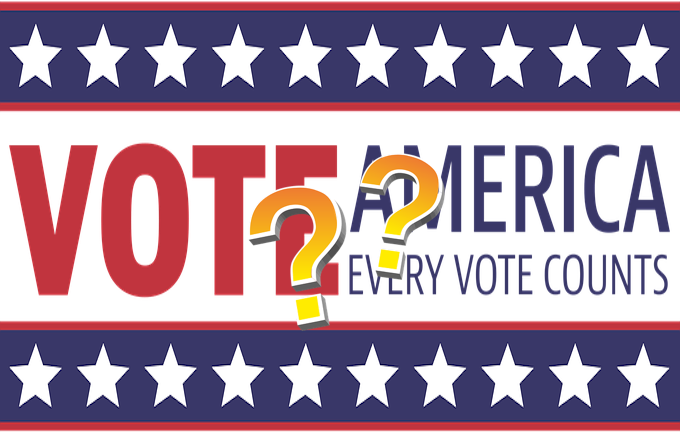If Americans Can No Longer Trust Our Elections, We’re In Big Trouble By Willis L. Krumholz for The Federalist
This is an incredibly dangerous moment for the country and may be a pivotal point in the future of America’s democratic republic. Did we just cross the Rubicon?
The polls from the major networks and universities promised a blue wave. President Trump was down by at least 10 points nationally, and by nearly that much or morein the major swing states. The few pollsters, including Trafalgar, who got 2016 and 2018 right and called 2020 a close race, were widely ridiculed.
Nate Silver, a leftwing poll analyst, was chief among the critics. Silver gave former Vice President Joe Biden a nearly 70 percent chance of winning Florida.
Immediately on Election Day, turnout looked good for the GOP. Trump won Florida decisively and by 8:30 p.m. Central Time, and made huge inroads in urban areas. While Hillary Clinton won Miami-Dade County by 30 points in 2016, the 2020 Trump ticket was down only single digits in the county.
That’s because Trump made significant gains among nonwhite Americans, and according to exit pollshad the second-highest nonwhite share of the vote of any Republican since 1976. Cuban Americans are a big reason for Trump decisively winning Florida, but Trump’s gains with minority voters are a nationwide trend. The flipside was lower black and Hispanic turnout for Democrats—except for several major Democratic cities in contested swing states.
In other words, a significant margin of minority voters who didn’t defect to Trump decided not to vote. Indeed, a Bloomberg articledays before the election cited anonymous Biden officials who said the campaign was worried about black and Hispanic turnout due to a lack of a ground game in these traditionally Democratic strongholds. But the warnings had gone unheeded.
Instead, the campaign hoped to make up these lost minority votes with gains in the suburbs, particularly among white women. In the end, Trump gained among white women compared to 2016, and only appeared to marginally lose votes from white men—many of which may have been upper-class suburban white men.




